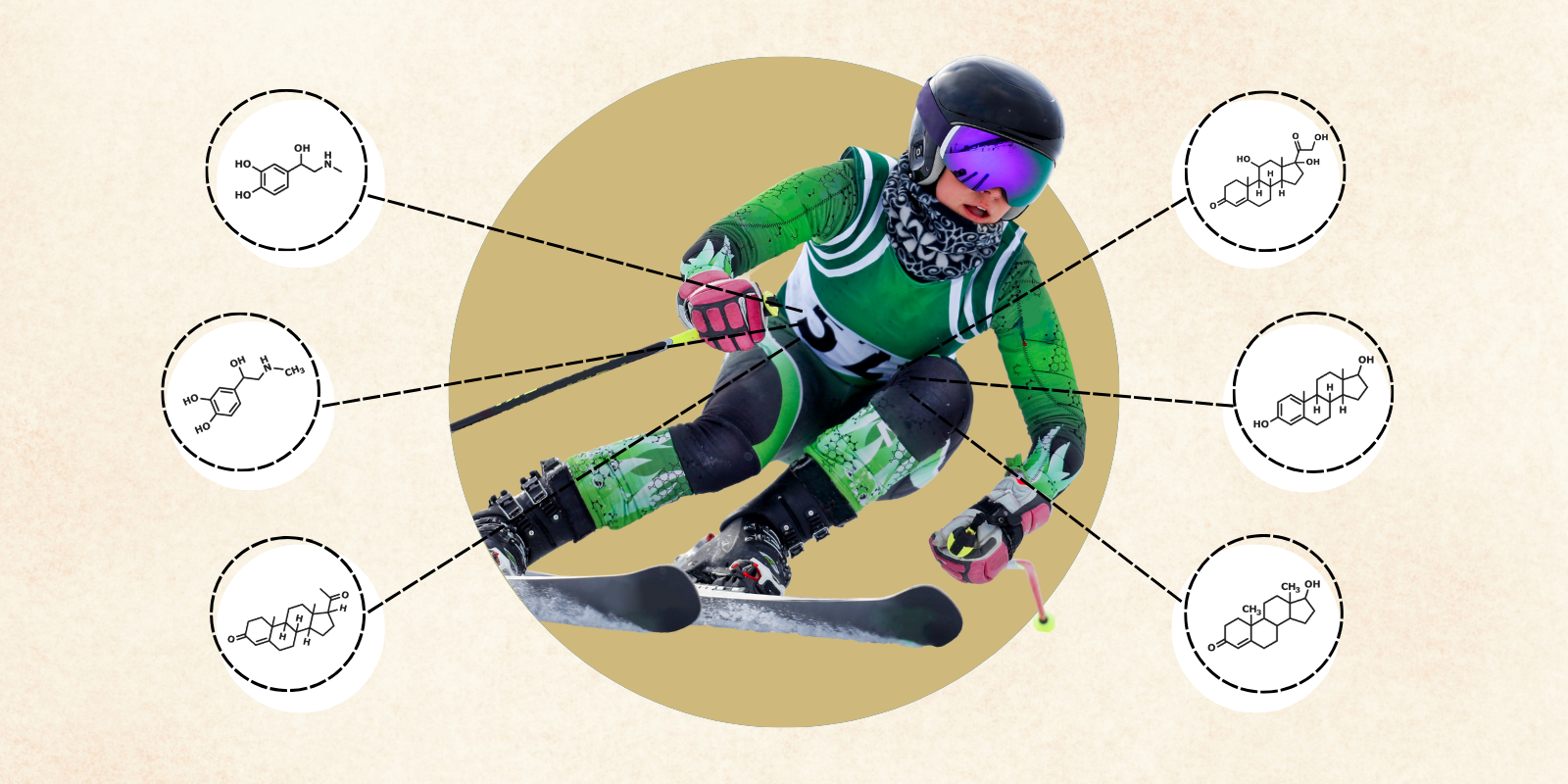Physicians working in a hospital have a lot to manage in a high pressure, time-sensitive environment, whether it be treating patients, responding to urgent calls for care, answering questions from patients’ loved ones, and so on. With so many things happening at once, these health care professionals can experience cognitive overload — meaning the brain has hit its limit of how much information it can process, leading a person to be unable to understand new information or perform tasks as well as usual.
Cognitive overload for physicians can be harmful to themselves and others, as it has the potential to impact the care they provide and their ability to teach trainees. Hoping to improve medical education methods and optimize learning, University of Colorado Department of Medicine faculty member Natalie Held, MD, is researching the application of a concept called “cognitive load theory” to medical teaching during intensive care unit rounds (when trainees and their physician educators visit ICU patients to review and establish their care plans).
During a recent department Grand Rounds presentation, Held discussed the potential consequences of cognitive overload and the ways that physicians can better prepare the upcoming generation of health care providers for the medical environment without burning them out.
The dangers of cognitive overload
Cognitive overload is often associated with high workload, which drives burnout and threatens clinical wellness, said Held, an assistant professor in the Division of Pulmonary Sciences and Critical Care Medicine.
Excessive workload “threatens our academic mission,” she said. For example, a survey of academic hospitalists showed that as workload increased, providers were less likely to teach for more than three hours per week.
Research has also found that overworked health care providers may provide worse care. For instance, data has shown that being overworked is associated with increased patient mortality, delayed discharge orders, increased cost of hospitalization, and more preventable adverse events and errors, Held explained.
“Additionally, providers experiencing high cognitive load may be at higher risk of providing care influenced by stereotypes and bias,” she said, explaining this can potentially lead to poorer health outcomes for patients from traditionally marginalized backgrounds.
Although it is clear that an excessive workload in the clinical space can pose harm to health care providers and patients, it is unknown what an “ideal” clinical workload would be.
“There are no evidence-based guidelines out there that help us understand the ideal level of workload for an academic hospitalist or intensivist (a physician who works in the ICU),” Held said. “But there are other ways that we can think about this. Cognitive load theory offers an alternative approach to understanding this workload problem.”
Adapting to people’s cognitive load
Within cognitive load theory, the human memory is split into three stages: sensory memory (where you receive auditory and visual information — i.e., what you hear and see), the working memory (where you process information that you just heard/saw), and the long-term memory (where information is stored so that you can recall it at a later time).
.png?width=1600&height=800&name=Cognitive%20Load%20Theory%20Memory%20Stages%20-%202.3.25%20(3).png) A graphic depicting the three stages of human memory within cognitive load theory. This graphic is inspired by a 2014 article published in the journal Medical Teacher.
A graphic depicting the three stages of human memory within cognitive load theory. This graphic is inspired by a 2014 article published in the journal Medical Teacher.
“Cognitive load theory is a model of educational psychology that states that our ability to process information can become overwhelmed with high levels of stress on our working memory,” Held said. “When the cognitive load exceeds the working memory capacity, then learning and performance will degrade.”
For instance, if a medical resident feels overwhelmed by a surplus of new information while working in the ICU, they may find that they are not able to answer new questions from their educator or respond as well when an alarm goes off.
Other factors that can contribute to cognitive load are emotions, stress, and uncertainty — stressors that are inherent to the job of a medical provider, Held explained.
“It’s impossible to completely get rid of them, and if we did, then we could potentially ill-prepare our trainees for the professional workplace,” she said. “So, what do we do? The extent to which we should minimize these stressors should be based on learner expertise. As a learner gains experience, these stressors should be introduced in a graded fashion, and we should teach these learners strategies for dealing with them.”
For example, after a medical resident has completed their first year of training, they have gained a level of expertise so that when a certain alarm goes off, they don’t have to ask themselves what they need to do to respond; instead, they already know what to do. This means the information exists within their long-term memory, and the working memory has more free space to process new information, so the educator can introduce new “stressors” to the resident without overwhelming them.
Held recommends that physicians who are teaching trainees give their novice learners a break to help their working memories recover from decision fatigue. If these breaks are not given, then the capacity of the working memory will decrease, resulting in the trainee getting overwhelmed more easily.
How does the ICU affect cognitive load?
As a physician in the ICU, Held is no stranger to chaos. One study found that an alarm happens every four minutes during the ICU workday, she explained.
“I’m always struck by how chaotic my workplace is, especially for learners,” she said. “But ICU rounds are really important to patient care and trainee education. They provide an opportunity for learner assessments and critical care education in the context of patient care.
“But little is known about what workplace factors — the alarms, for instance — may contribute to our cognitive load during ICU rounds and threaten learning,” she said.
Wanting to know more, Held began researching the issue. One study looked at what features of ICU rounds correlate with higher cognitive load. Held observed ICU rounds at Denver Health and the University of Colorado Hospital, and she recorded events that impacted provider cognitive load. This included recording how often a trainee was interrupted while presenting information about a patient, how long rounds took, what the patient caseload was, and how many new patients and very sick patients there were.
Held also conducted one-on-one interviews with a variety of people involved in rounds, such as residents, fellows, and physicians. Through this, she found that interruptions during round presentations were main contributors to trainees’ cognitive load.
“Interruptions to learners, specifically by more-senior rounding providers, decreases the perception of psychological safety and reduces their availability to learn,” she said.
On the flip side, Held found that cognitive load was reduced when educators took the time to assign consistent role expectations during rounds, designating which providers speak when, which trainee is responsible for talking to the patient or patient's family, and so on. She also discovered that the use of scripts during rounds, where trainees knew what information they needed to present on, was beneficial, as the consistency helped reduce cognitive load.
Ultimately, Held recommended medical educators follow the following steps to optimize cognitive load for their trainees during rounds:
- Establish a psychologically safe rounding environment. Consider getting to know your learners on a personal level and periodically checking in on them.
- Utilize a standard rounding procedure where trainees have clear expectations and roles, and they can follow a rounding script and checklist.
- Minimize speaker interruptions. Consider taking notes of corrections or teaching points you want to go over after the presentation.
- Mind the room. Pay attention to your team members’ body language and emotions, and consider offering strategic breaks.




